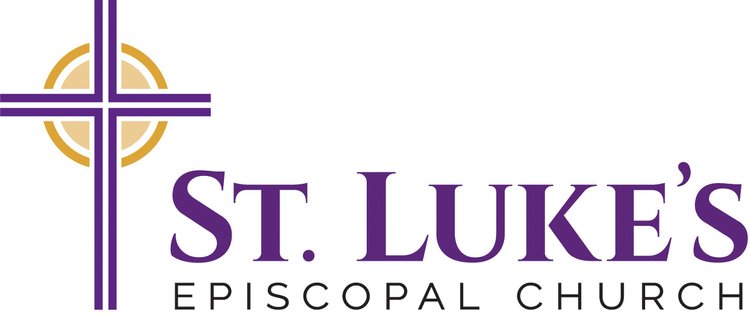All Souls
I had a bad dream last week that I was back home for the funeral of a friend who died over twenty years ago now. In real life, we had had a funeral for him, of course. But in my dream, the family wanted to have another funeral — so I showed up.
Twenty-four years had passed, and in the dream I didn’t know what to do with myself. I was sad, but I knew it wasn’t because of loss. His death was something I learned to live with years ago. I don’t have many memories of my friend left, the sound of his voice and his laugh have gone. But in the dream, his family still wept in the way they always have, and I felt guilty for losing something so precious to the wear of time.
Dreams are near the top of the “Do Not Share In Polite Conversation” list, right up there with politics and religion. So let’s get two out of three today, because All Souls’ Day is coming up on November 2 and I thought this dream had something to say about our holy day.
All Souls’ Day follows All Saints’ Day. While All Saints’ celebrates the great heroes of the faith who have triumphed over death, All Souls’ is a day of remembrance for the rest of us. My church holds a requiem mass every year on that day, like an annual funeral for the long dead, a revisiting of the grief you learn to live with over the years. I have my list of the names of the dead as you do, too; names you wept over at some point in your past. Grief dulls over time as memory dulls, though it never quite goes away. It has a nostalgic sense, in the way nostalgia is constructed from the Greek: nostos, which means “to return home”, and algos, which means “pain.” Nostalgia is the pain of returning to a home that lives only in your mind.
CS Lewis wrote a small book about grief when he lost his wife, Helen. There’s a part where he realized his memory of her was becoming something of his own construction.
“Already, less than a month after her death, I can feel the slow, insidious beginning of a process that will make the Helen I think of into a more and more imaginary woman… The reality is no longer there to check me, to pull me up short, as the real Helen so often did, so unexpectedly, by being so thoroughly herself and not me…”
Even before the neuroscientists started telling us how neurons and synapses stop connecting to the places in the brain where memory is stored, we have known the limitations of memory, how three different eyewitnesses can lead to three very different accounts of the truth. This is another way of saying that our memory works in a way that is more concerned with meaning than fact. You can remember the first time you kissed the one you loved all those years ago, but you can’t remember what you had for lunch last Tuesday.
Jesus understood this. When we tell the story every week of the last night of Jesus’ life, we don’t tell a story of doctrine or dogma or what he wanted us to learn. He told us what to do: he gave us broken bread and wine poured out and told us we were taking in him, that remembering him was putting something back together that millennia had pulled apart. At the Eucharistic table, something of our fractured existence is being re-membered, knit into wholeness.
CS Lewis picked up on memory again a few chapters on. “Looking back, I see that only a very little time ago I was greatly concerned about my memory of Helen and how false it might become. For some reason—the merciful good sense of God is the only one I can think of—I have stopped bothering about that. And the remarkable thing is that since I stopped bothering about it, she seems to meet me everywhere. Meet is far too strong a word. I don’t mean anything remotely like an apparition or a voice. I don’t mean even any strikingly emotional experience at any particular moment. Rather, a sort of unobtrusive but massive sense that she is, just as much as ever, a fact to be taken into account.”
All Souls’ Day is like a funeral, but with a different sort of remembering. It’s the kind that depends less on the state of your synapses and more on the reality of a God who remembers, who connects the vast dead and the yet-to-be with this singular moment of life. It’s the day that honors that sense of homesickness for a place you can’t find on earth, but you know deep in your bones.
Rev. Amber Carswell is the Rector of Christ Church Warwick, graduated with Rev. Nick from seminary, and helped Nick fill an expensive diorama of the Seminary campus with moose and chicken figurines.
